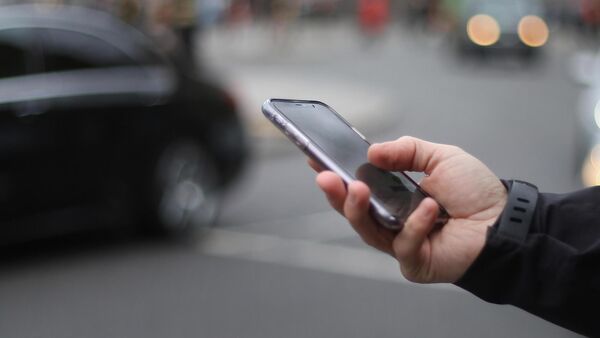The European Union’s independent browser companies are witnessing an influx of users in the first month after EU legislation forced Google, Microsoft and Apple to facilitate a switch to rivals for users, according to Reuters.
The first results came after the sweeping Digital Markets Act went into effect on March 7. The law aims to eliminate unfair competition by forcing large technology companies to offer mobile users the ability to choose from a list of available web browsers on a “choice screen.”
Browsers help users connect to the Internet and have traditionally been offered for free by large technology companies, such as Apple and Google, in exchange for tracking which websites consumers visit and selling them advertising.
Android mobile devices have Chrome as the default browser while iPhones have Safari, making them the dominant browsers in the market.
Cyprus-based Aloha Browser reported a 250% increase in the number of users in the EU in March. It was one of the first companies to report monthly growth since the new rules came into force. Aloha CEO Andrew Frost Moroz announced the change in the company’s performance.
Before, EU was our number four market, right now it’s number two.
Norway’s Vivaldi, Germany’s Ecosia and US-based Brave also saw an influx of new users after the act was passed. Jan Standal, vice president at Opera, counting over 324 million global users, noted record highs across the European Union.
We are experiencing record user numbers in the EU right now.
Under new EU rules, mobile software manufacturers are required to display a selection screen where users can choose a browser, search engine and virtual assistant when setting up their phones. Changing those settings required a more complicated process.
Currently, Apple displays up to 11 browsers in addition to Safari on selection screens picked for each of the 27 EU countries and will update these screens for each country annually.
DuckDuckGo and Opera are now offered on Apple’s list in all 27 countries, Aloha in 26 countries, Ecosia in 13, and Vivaldi in 8.
Google currently displays browser selection on devices manufactured by the company and has indicated that other companies’ new Android devices will also display a selection screen in the coming months.
Opera stated that most of the positive trends were due to people making Opera the default browser on their iPhones. However, browser producers criticised the way Apple and Google had introduced new features, described by them as slow and clunky, which they argued was slowing down the migration of mobile users to new browser options.
Mozilla, which owns the Firefox browser, estimated that only 19 per cent of iPhone users in the region had received the update, which rolled out much slower than previous software updates.
With the iPhone, users can only see a selection screen when they tap Safari. Next, they are shown a list of browsers with no additional information, according to Jon Stephenson von Tetzchner, CEO of Norway’s Vivaldi.
The process is just so convoluted that it’s easiest for [users] to select Safari or potentially some other known name.
The complex design prompted the European Commission to launch an investigation into non-compliance to see if Apple could be preventing users from being able to choose the available services.
